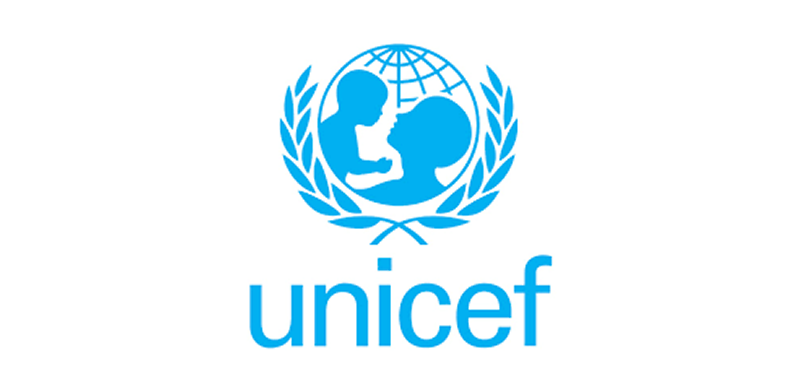About 200 teachers and head of public primary and secondary schools drawn across the state have participated in digital literacy and connectivity programme organised by the state government.
Organised in collaboration with the United Nation Children’s Emergency Funds and a telecommunication infrastructure company, IHS Nigeria Limited, each of the 100 participating schools in the state also got a router each with unlimited data.
Addressing the opening session of the training held in Ede, Osun State, the Permanent Secretary, Osun State Ministry of Education, Mr. M. Jimoh, said the participants comprised of teachers, principals and head teachers selected from 40 public primary and 60 secondary schools in the state.
Jimoh, who lauded the state governor, Ademola Adeleke, for supporting the training urged school administrators to ensure that pupils benefit maximally from whatever they must have learnt from the training.
“200 teachers and heads of primary and secondary schools in the state are participating in this training. After the exercise, the participating schools numbering 100 will get internet facility and unlimited data. Ensure that the gadgets are used to benefit your pupils and impact knowledge,” Jimoh said.
Speaking earlier on the motivation to organise the training, the Director Sustainability, IHS Nigeria Limited, represented by Tolulope Oyenuga, said the initiative reflects the company’s commitment to creating meaningful social impact by bridging the digital divide and supporting education at the grassroots.
“Through this program, and in partnership with UNICEF as the program partner, we are not only connecting schools to reliable digital infrastructure, but also enabling access to the Nigeria Learning Passport (NLP)—a powerful e-learning platform that equips both teachers and students with quality resources for continuous learning.
“We are also pleased to be working with Focus Teens Foundation, our last-mile implementing partner, ensuring the successful deployment of connectivity solutions and digital literacy training directly to schools that need them most.
“In today’s world, digital literacy is not a luxury, it is a necessity. By providing access to these tools, we are helping students acquire skills that will empower them to participate actively in tomorrow’s economy,” she said.















